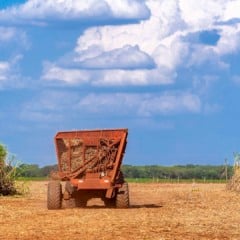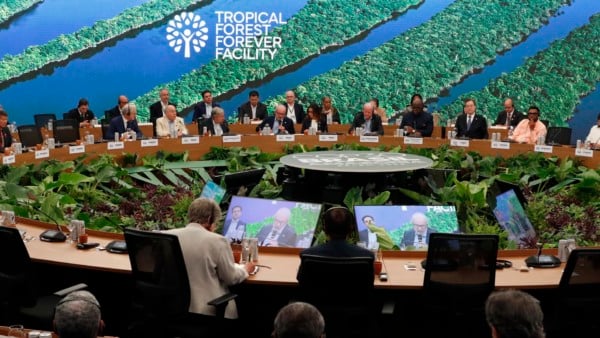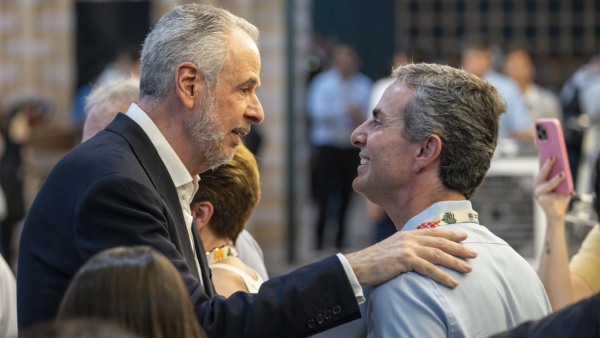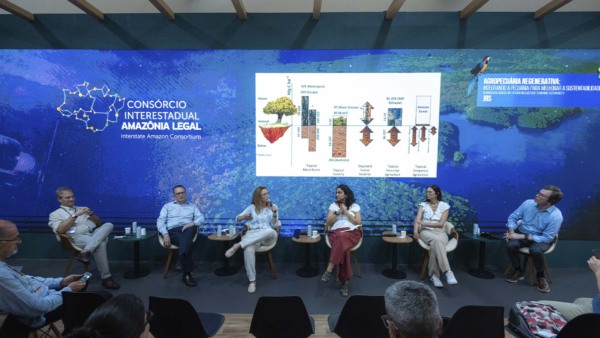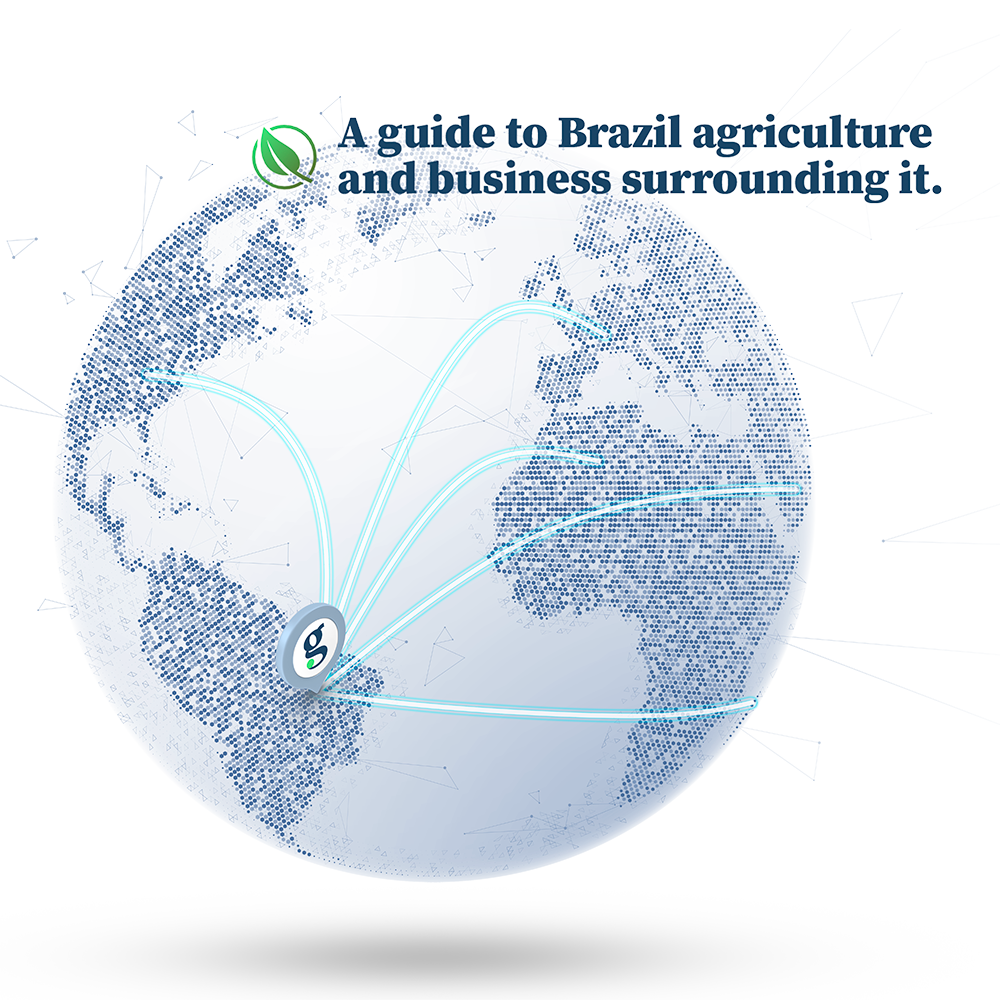
Agrogalaxy, Brazil’s second-largest crop retailer, filed for bankruptcy protection last week, highlighting the struggles faced by Aqua Capital, a Brazilian private equity firm that was a pioneer in investing in agriculture and food companies.
Aqua is Agrogalaxy’s controlling shareholder and one of its largest backers, as well as a key supporter of the crop retailers’ consolidation thesis in the South American nation. It had also been an investor in Biotrop, a major producer of biologicals inputs that was sold to Biobest for 2.8 billion reais ($505 million at the current FX rate), and in Puravida, a nutrition company acquired by Nestle.
Despite the success of these large deals, the financial losses at Agrogalaxy cast a shadow over Aqua’s future. With Agrogalaxy filing for the equivalent of Chapter 11 bankruptcy, Aqua Capital is expected to write off at least part of its investment in the crop retailer, potentially harming returns for investors in its second fund, which has Agrogalaxy, Biotrop and Puravida in the portfolio. While the exact share of Agrogalaxy in Aqua’s second fund is not public, sources told The AgriBiz it represents a relevant portion.
Aqua has invested in 18 companies since it was founded —earlier this year, it raised $450 million with sovereign funds, development banks and private investors. The combined revenue of all its invested companies exceeds $4 billion on the three funds, which have about $1.5 billion in assets.
However, Agrogalaxy’s collapse and Aqua’s unsuccessful efforts to rescue the company may undermine investor returns and the credibility of the private equity firm.
“With the deterioration of the macroeconomic scenario in recent years, rising interest rates, and a more challenging context in agribusiness, which is a cyclical sector and has seen a sharp drop in commodity prices, it is natural that companies are globally affected,” Aqua Capital said in a note in response to The AgriBiz.
What Happened to Agrogalaxy?
Agrogalaxy was hit by a series of challenges that have affected the entire agricultural inputs supply chain in Brazil, from global manufacturers to small retailers. These include high and costly stockpiles, plunging commodity prices, and yield losses due to an unprecedent drought in central Brazil, causing financial difficulties for soy farmers.
As a result, growers delayed their payments, worsening cash flow problems of crop retailers such as Agrogalaxy. The situation was further complicated by changes in farmers’ purchasing behavior, with last-minute orders for the planting season starting this month.
Agrogalxy reported in June a net debt equivalent to 8.5 times its Ebitda. Its shares, which are publicly traded on the Sao Paulo stock exchange, plunged 86% over the past year. To support its controlled company, Aqua Capital injected 150 million reais ($27 million) in equity into Agrogalaxy and provided several loans over the past months.
While Agrogalaxy has intensified negotiations with creditors to restructure its debt in the past weeks, a local bank blocked the company’s accounts, triggering the bankruptcy protection filing —a matter that caused a split within the board, leading the CEO and five board members to resign.
As part of the judicial protection process, Aqua has become one of Agrogalaxy’s largest creditors, with 152 million reais owed.
Aqua’s Issues
Agrogalaxy’s crisis is already affecting Aqua and its controlling companies’ relationship with banks and credit managers. Solubio, a biological company that was planning a 100 million reais debt issuance through local debt securities (CRA), suspended its roadshow after Agrogalaxy’s bankruptcy protection filing.
Aqua holds a 57% stake in Solubio, which is also facing financial difficulties. Rech, another Aqua portfolio company that sells tractor parts, is struggling as well, according to sources.
The private equity firm said both companies are far from far from filing for bankruptcy protection. Regarding Solubio, Aqua said its revenue is expected to rise by 10% in 2024 despite challenging market conditions. The firm also said Rech has just undergone a restructuring with creditors and has a 30-month grace period for the principal payment.
Aqua’s reputational challenges may be further exacerbated by the recent departure of key executives. Jorge Ahumada, a former JP Morgan and ING investor who oversaw Aqua’s finance operations for many years, recently left the company. Marcelo Marzola, CEO of soil analysis company Exata (another Aqua portfolio company), stepped down.
According to Aqua, Ahumada decided to leave the company “to focus on his health and improve its quality of life”, while Marzola left Exata as a part of a management change in the business.
The Founder
Aqua Capital was founded by Sebastián Popik, an Argentine private equity manager known for his brilliance but also for his stubbornness —a characteristic that has led to the loss of some talents in recent years. “He is a hard worker and gives his all for Aqua. But the truth is, he helped create the current situation for his firm,” says a market source.

